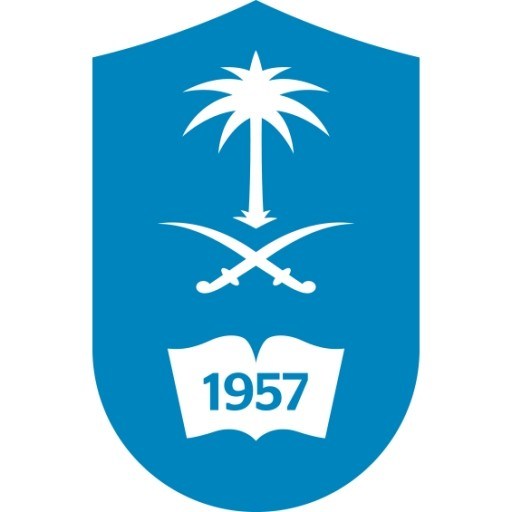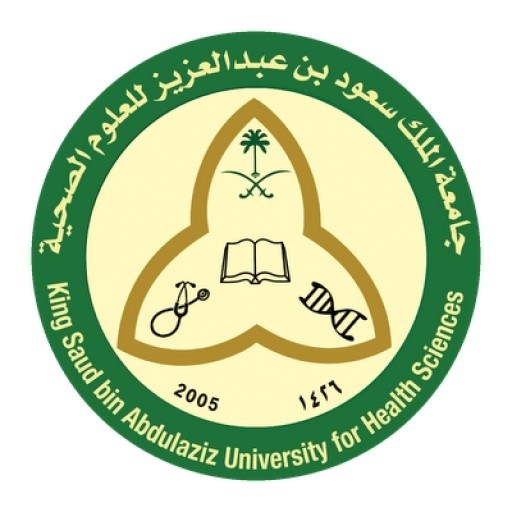Photos of university / #king_saud_university
Industrial Engineering at King Saud University is a comprehensive, dynamic program designed to equip students with the technical skills, management expertise, and innovative mindset necessary to improve complex systems and processes across various industries. The program emphasizes a multidisciplinary approach, integrating principles of engineering, mathematics, management, and technology to enhance productivity, quality, and efficiency in manufacturing, healthcare, logistics, and service sectors.
Students will engage with a diverse curriculum that covers core areas such as operations research, production planning and control, quality engineering, supply chain management, ergonomics, systems simulation, and statistical analysis. The program aims to develop graduates capable of analyzing industrial problems, designing effective solutions, and implementing continuous improvements using modern tools and methodologies. Hands-on training, laboratory work, and industry collaborations form an integral part of the educational experience, ensuring that students acquire practical skills aligned with current market needs.
The program also emphasizes leadership, teamwork, and communication skills to prepare graduates for roles in engineering management, consulting, or entrepreneurial ventures. Students have opportunities to participate in research projects and industrial internships, fostering innovation and real-world problem-solving abilities. By the end of the program, graduates will be proficient in optimizing resources, reducing costs, and enhancing overall operational performance for organizations.
Industrial Engineering at King Saud University is committed to producing highly skilled professionals who can contribute significantly to the development of Saudi Arabia's industrial and economic sectors. The program aligns with national goals of technological advancement, sustainable development, and economic diversification, ensuring graduates are well-positioned to lead and innovate in a competitive global environment.
Program Study Plan (Thesis Option)
First and Second Semesters
- Manufacturing Planning and Control
- Engineering Experimental Design
- Engineering Optimization I
- Quality Engineering
- Computer Simulation
- Facilities Analysis and Design
Third Semester (Industrial Systems Engineering)
- Maintenance Engineering
- Engineering Optimization II
- M.Sc. Thesis
Third Semester (Human Systems Engineering)
- Industrial Safety Engineering I
- Human factors Engineering I
- M.Sc. Thesis
Third Semester (Manufacturing Systems Engineering)
- Design and Analysis of Manufacturing Systems
- Advanced Manufacturing Processes
- M.Sc. Thesis
Program Study Plan (Non-thesis Option)
First Semester
- Manufacturing Planning and Control
- Engineering Experimental Design
- Engineering Optimization I
Second Semester
- Quality Engineering
- Computer Simulation
- Facilities Analysis and Design
Third Semester
- Maintenance Engineering
- Engineering Optimization II
- Human factors Engineering I
(Industrial Systems Engineering) Fourth Semester
- Analysis of Production Systems
- Scheduling
- Stochastic Processes
Fifth Semester
- Reliability Engineering
- Research Project
(Manufacturing Systems Engineering) Fourth Semester
- Design and Analysis of Manufacturing Systems
- Advanced Manufacturing Processes
- Design and Analysis of Manufacturing Systems
Fifth Semester
- Manufacturing Automation
- Research Project
(Human Systems Engineering) Fourth Semester
- Industrial Safety Engineering I
- Industrial Safety Engineering II
- Human Factors Engineering II
Fifth Semester
- Engineering Work Design
- Research Project
Requirements
- Applicant should be a Saudi or on a formal scholarship if not a Saudi
- Holding a university degree from a Saudi university or from another recognized one.
- Proving a good conduct and being medically fit.
- Submitting two academic recommendations from professors who have taught applicant.
- Employer's approval, if applicant is an employee; in very limited circumstances this approval may be postponed until enrollment into courses.
- Msc. studying requires full time study and University Council may make exception when the need arises
- Holding a bachelor degree in Industrial Engineering with a GPA of at least "Very Good" (3.75 out of 5) or a cumulative GPA, and that of indusial engineering courses, are no less than 6.75 out of 10.
- Applicants from other engineering disciplines should hold a bachelor degree with a GPA of at least "Very Good".
- Scoring a minimum of 61 points in (TOEFL-IBT), or 500 points in (IELTS), or 75 points in (SEPT).
- Scoring a minimum of 70 points in General Aptitude Test, or 144 points in GRE Quantitative Section.
Funding for the Industrial Engineering program at King Saud University is primarily derived from the university’s general budget, which is allocated by the Saudi Arabian government as part of its national higher education investment strategy. Tuition fees are not charged to Saudi nationals enrolled in undergraduate programs, including Industrial Engineering, as per the government’s policy of subsidizing education for its citizens. International students may be subject to tuition fees, which contribute to the program's financial resources, although specific fee structures vary and are determined by the university’s regulations.
In addition to government funding, the program benefits from various internal and external funding sources. The university actively encourages research activities through grants and funding opportunities provided by the university’s research center and the Saudi Ministry of Education. These grants support faculty research projects, which in turn enrich the program’s curriculum and provide students with valuable practical and research experience.
Moreover, the university collaborates with various industrial partners and local enterprises to facilitate internships, training, and joint research projects. Such partnerships often include financial support or resources, further enhancing the program’s financial sustainability. These collaborations also contribute to the development of the students’ practical skills and better employment prospects upon graduation.
Scholarships and financial aid programs are available for outstanding students, both domestic and international, funded through university programs and external organizations. These scholarships help reduce the financial burden on students and attract high-caliber candidates to the program.
The program also participates in national and international research competitions, conferences, and projects that often come with funding opportunities. Faculty and students may receive sponsorship for participation and publication, further supporting the program’s financial stability.
Overall, the financing of the Industrial Engineering program at King Saud University relies on a combination of government funding, tuition fees (where applicable), research grants, industrial partnerships, scholarships, and external sponsorships. This diverse funding model ensures the sustainability and continuous development of the program, allowing it to maintain high standards of education and research, meet the evolving needs of industry, and contribute to national economic and technological advancement.
Industrial Engineering at King Saud University is a comprehensive program designed to prepare students for a wide range of careers in manufacturing, service, and logistics industries. The program aims to develop students' skills in optimizing complex processes and systems by integrating principles of engineering, mathematics, and management. The curriculum covers core subjects such as operations research, production planning, quality control, systems simulation, and supply chain management, providing students with both theoretical knowledge and practical experience. Students are encouraged to engage in hands-on projects, internships, and research activities that enhance their problem-solving abilities and prepare them for real-world challenges. The faculty comprises experienced academics and industry experts who focus on fostering innovation, critical thinking, and leadership skills. The program adheres to national and international standards for engineering education, ensuring that graduates are well-prepared to meet industry demands and participate effectively in technological advancements and sustainable development initiatives. Upon completion, graduates receive a Bachelor of Science degree in Industrial Engineering, qualifying them for careers in manufacturing companies, consulting firms, healthcare, transportation, and government agencies. The program also provides pathways for postgraduate studies and research opportunities in specialized areas such as robotics, automation, and systems engineering. King Saud University emphasizes producing graduates with strong analytical skills, ethical standards, and the ability to adapt to rapidly changing technological landscapes. The program is accredited by relevant educational authorities, ensuring quality assurance and recognition both regionally and internationally.

